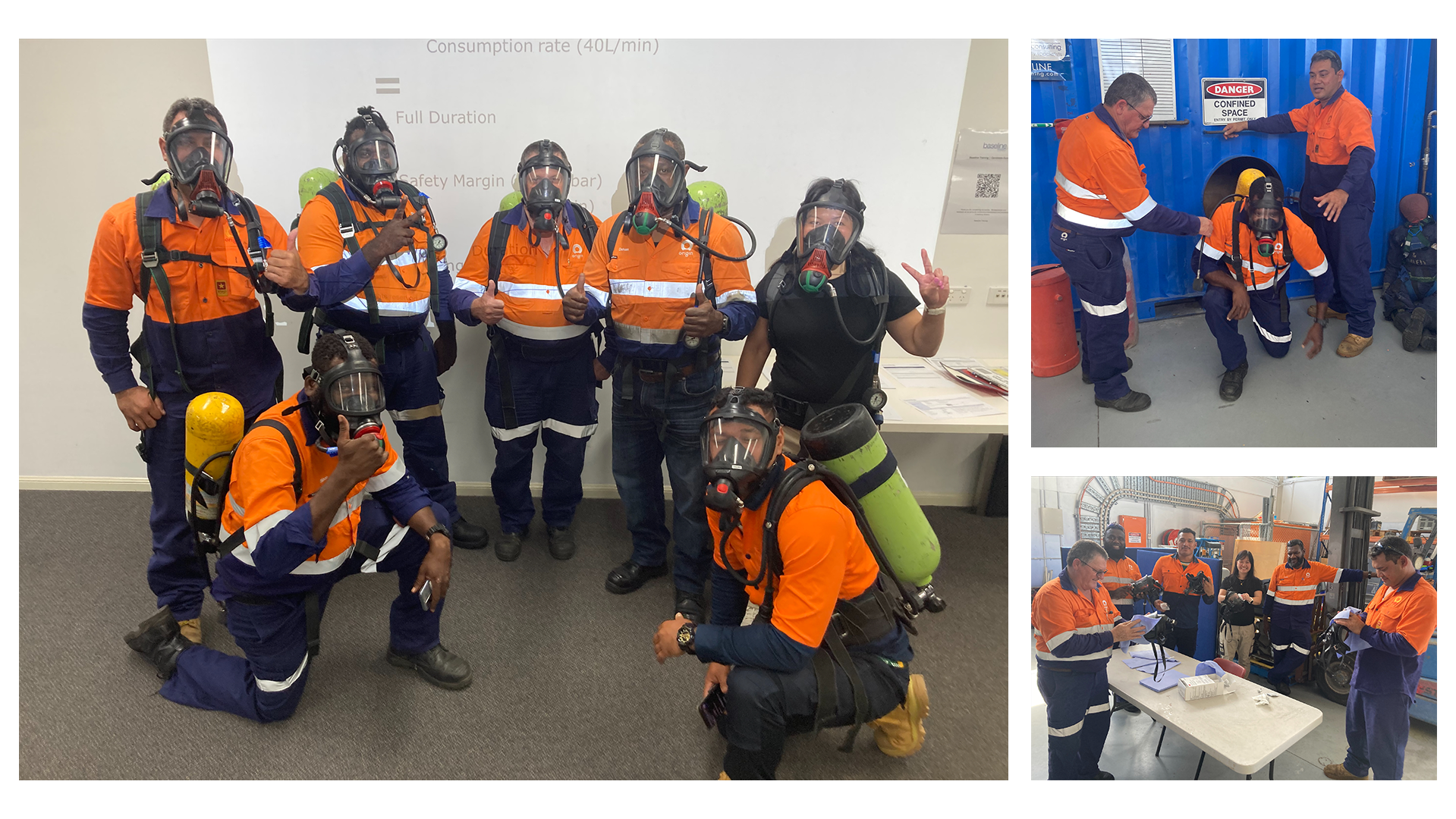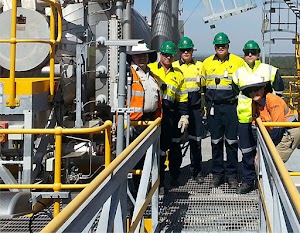Spotlight
How Training Benefits Staff and Employers

Multi-skilled personnel can operate across a variety of roles, substitute for more positions than they ordinarily occupy, and work together in a way more conducive to progress than they could otherwise.
Training provides for a more flexible, adaptable, and potent workforce, and is becoming more prevalent as people are forced to specialise, and as the job market becomes more competitive.
Whether in industry or in business, as a tradesperson or as a professional, training can benefit not only the individual, but also their employer, organisation, and industry at large. It can be applied at various levels, across a broad range of fields, and to many effects. Here are some of them:
Training for work health and safety
It is vital that any workforce is trained to the requisite industrial and legislative standards. It goes without saying that any measure taken to reduce the risk of accident or injury in the workplace is utterly worthwhile. From preventing the less-serious time off work and loss in productivity, to the critically serious risk of injury or death, safety training, and instruction in safety, health, and regulation, can be invaluable: Both to the workers who might suffer without said measures, and the employers liable for what may befall those in their charge.
Training for self-improvement
There are myriad opportunities for workers at every rung of the ladder to benefit from the kind of training that makes one a better employee, a better member of a team, and even a better citizen. Workshops teaching ways to promote teamwork, leadership strategies, and ways of managing stress or resolving conflict can help anyone, whether at work, or in their lives outside of work. The training and workshop models used to instruct people in any particular field can be, and have been, adapted to impart knowledge and technique on any number of personal, self-improving skills or qualities.
Refreshing and Upskilling
Training to refresh one’s skillset, or to negotiate new facets of a developing occupation, allows workers to maintain and sustain their positions, and to stay competitive in an increasingly unforgiving job market. Skills that are perhaps seldom used, or for which there are ever-expanding elements, require regular, if not constant, attention.
As technology advances at a breakneck pace, individual roles become increasingly specialised. As some methods become outdated or redundant, and as new industries are created or discovered, so must any workforce adapt to such changes. For both employees and their employers, upskilling keeps a workforce mobile, agile, and current. It closes those gaps created by technology, increases efficiency across the board, and keeps workers just as relevant, vital, and employable as possible.
Such training also allows employers and businesses to reduce attrition in their workforce, accounting for turnover, employee dissatisfaction, and other undesirable aspects.
Bundling
The ‘bundling’ model equips individual workers with a variety of skillsets across what areas they may operate within or interact with on a regular basis. The inherent benefit of bundling is that it makes that worker more efficient, more versatile, and more able to function as part of a team. For example, a paramedic also trained in mines rescue and heights rescue will inevitably contribute to a greater degree, and can perform their primary function with greater efficacy. Bundling skills also makes the workers themselves more employable, and a greater asset to their place of work.
It benefits the employer in reducing the need for extra auxiliary staff, it allows them a more mobile workforce, and it enhances their ability to delegate tasks, and rely upon individuals to assume a wider range of responsibilities.
Ultimately, training is about improving efficiency and versatility—creating a multi-faceted workforce both prepared for change, and confident in its abilities. Training increases the safety of people at work, enables better adherence to regulations, maintains skillsets, keeps up with current trends in an ever-changing job-market, makes workers more employable, and saves employers money, time, and effort in the long run.
Some often consider training to cause attrition under the presumption that “if you train them, they will leave”. The reality is this: If you don’t train them; they will stay—unsuited, ill-prepared, or underqualified for any other prospect.
Don’t hesitate to contact us for more information.
Multi-skilled personnel can operate across a variety of roles, substitute for more positions than they ordinarily occupy, and work together in a way more conducive to progress than they could otherwise.





